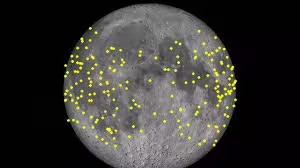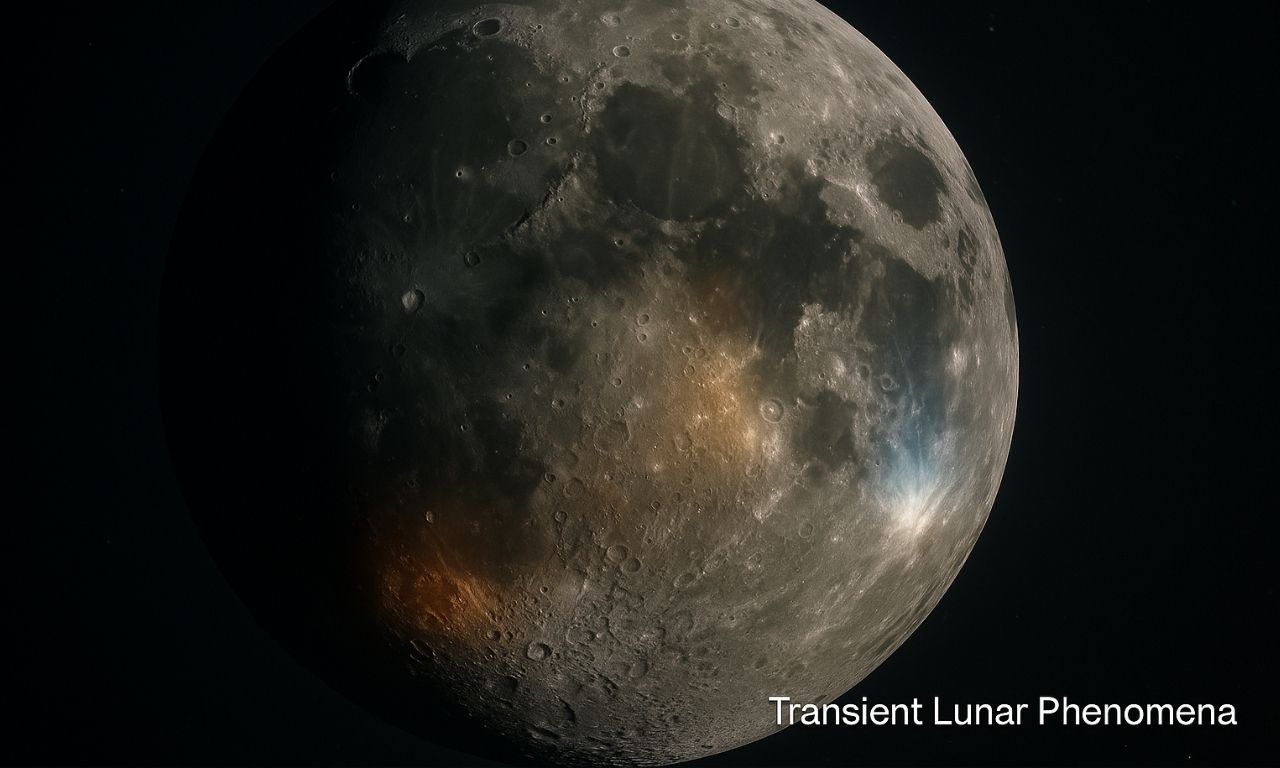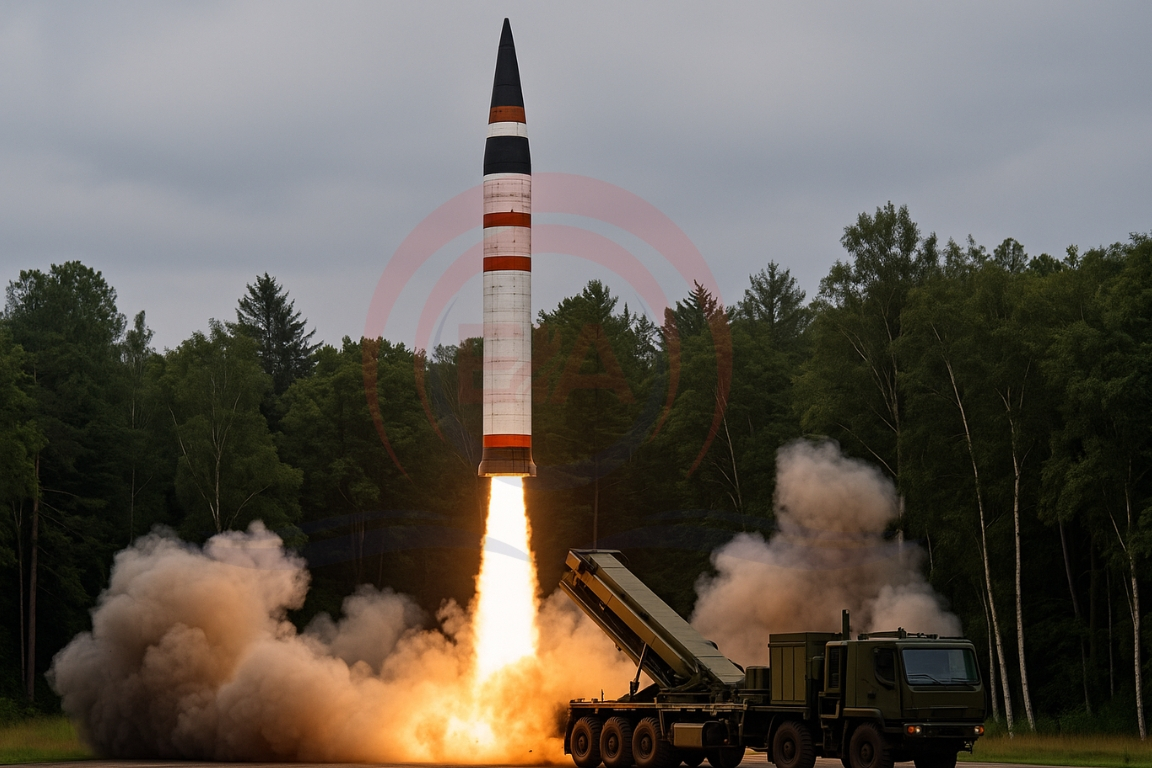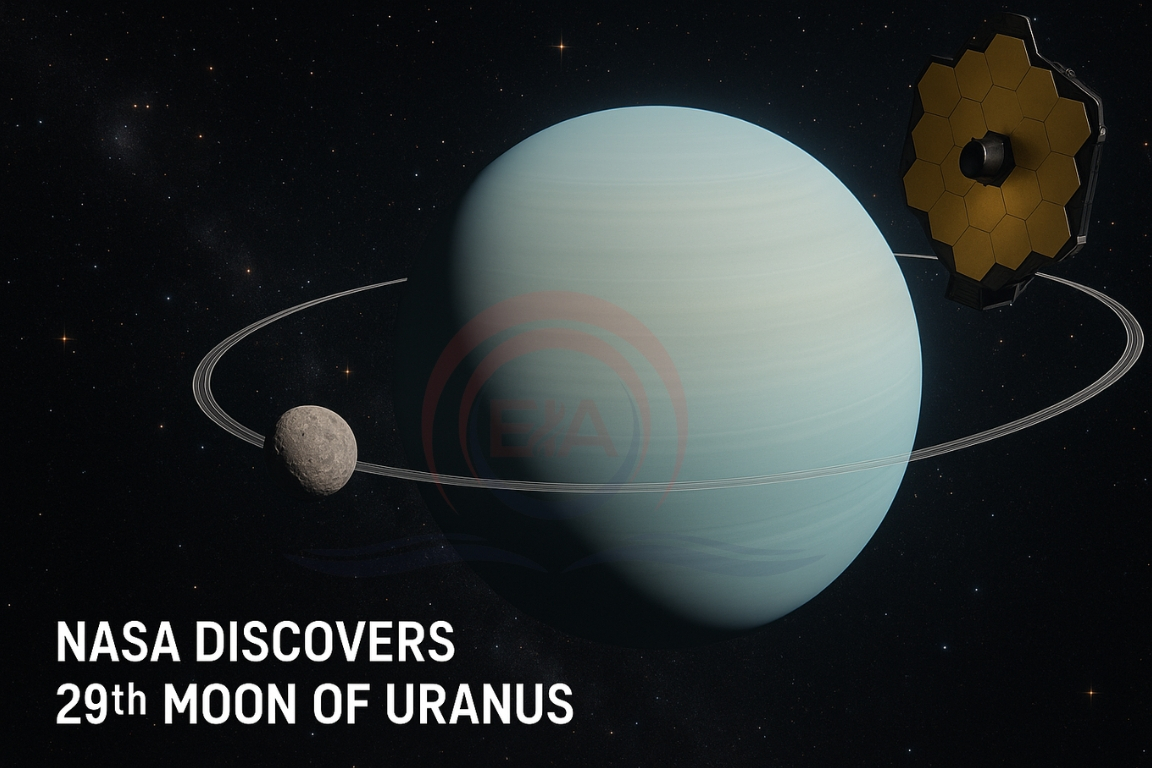Astronomers have once again reported mysterious, short-duration lights and glows appearing on the Moon’s surface. These events — called Transient Lunar Phenomena (TLPs).
What are Transient Lunar Phenomena (TLPs)?
- Short-lived bright flashes, glows, or hazy patches seen on the Moon’s surface, lasting from a few seconds to several hours.
- History: Recorded for over a thousand years — even the Apollo 11 astronauts (1969) observed a glowing area on the Moon.
- Appearance: Can look like reddish glows, spark-like flashes, or misty clouds.

Where They Occur Most Often
- Concentrated mainly around Aristarchus Crater and Plato Crater, known as the Moon’s most geologically active regions.
Possible Causes of TLPs
- Lunar Gas Emissions (Outgassing): Release of trapped gases like radon and argon through surface cracks. Triggered by tidal stress or solar heating, making surrounding dust or gas glow.
- Meteoroid Impacts: Frequent strikes of small meteoroids cause brief but intense light flashes on the lunar surface.
- Electrostatic Dust Activity: Charged lunar dust particles lifted by solar radiation can scatter sunlight, creating short luminous effects.
- Optical Illusions from Earth: Some sightings may actually be due to atmospheric turbulence or refraction, not lunar activity.
Recent Studies and Observations
- Monitoring Tools: Automated telescopes and CCD cameras track lunar flashes in real time.
- Space Missions: NASA’s Lunar Reconnaissance Orbiter (LRO) and Chandrayaan missions record new craters and gas emissions.
- Spectroscopic Findings: Detection of radon gas near Aristarchus Plateau supports the outgassing theory.
- Global Research Efforts: Integrated studies combining optical, seismic, and spectrometric data to verify true TLP events.
Scientific Importance
- Provides clues about ongoing internal processes on the Moon.
- Suggests the Moon is not completely geologically dead, offering insights into its evolution and surface dynamics.
This topic is available in detail on our main website.





